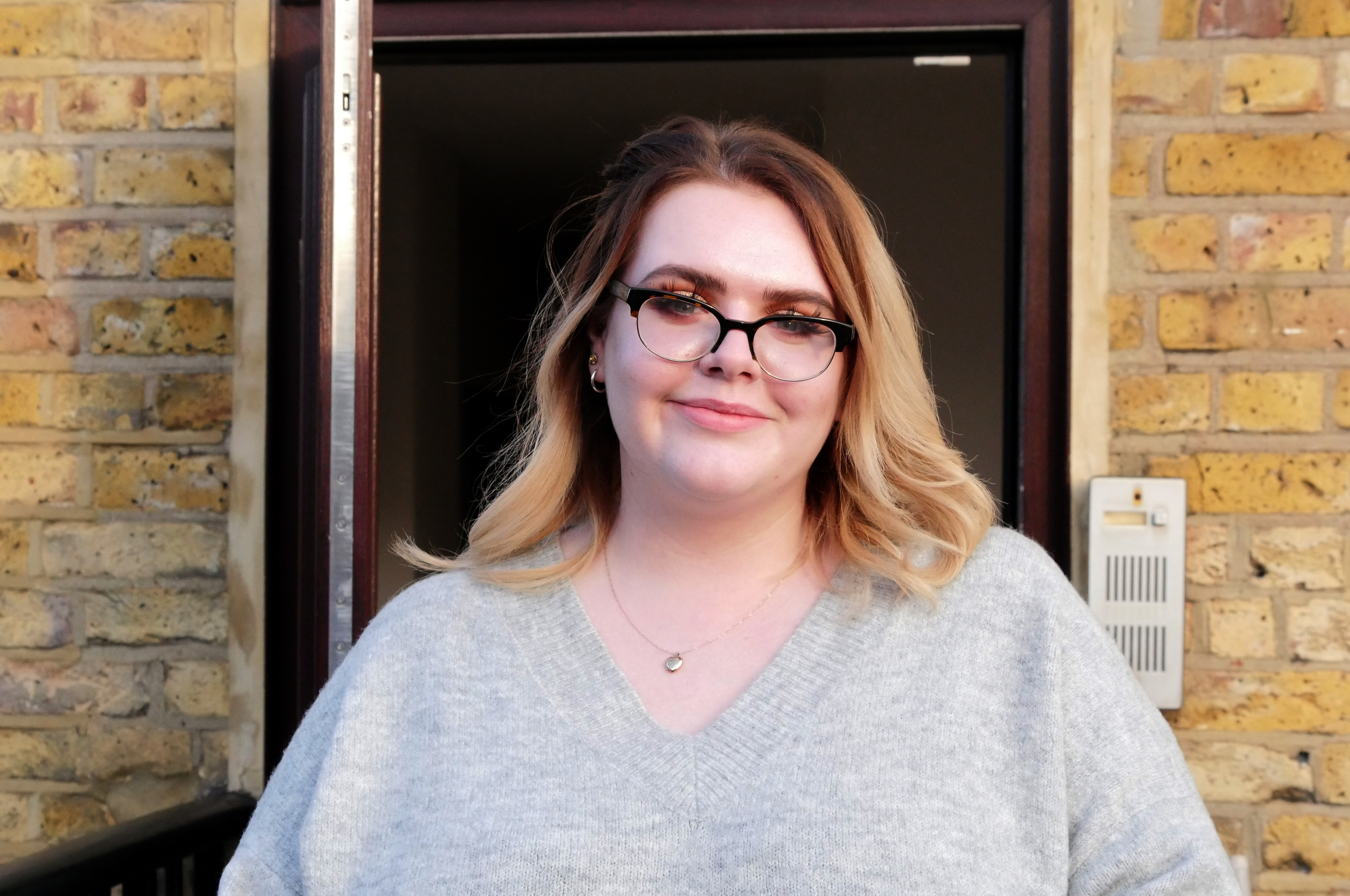The government is publishing a draft Mental Health Bill for pre-legislative scrutiny, to modernise the Mental Health Act (MHA) for the 21st century. While the draft Bill has been welcomed by many, there must be more detail and direction on how the new legislation will be implemented at ground level.
A joint committee has held 14 evidence sessions for the Bill and has examined what impact it will have on the workforce, and any implementation challenges it may bring.
Independent review recommendations not implemented so far
In the final evidence session Baroness McIntosh of Hudnall asked Professor Tim Kendall, national clinical director for mental health at NHS England, for his opinion regarding recommendations not being implemented into the draft Bill.
Kendall stated:”It is the wrong decision [for the principles not to be included in the draft Bill]. It would be right to have them in the Bill. I am not underestimating how complex that might be because of legal changes that might need to be made to other parts of the Bill, but this is heralding the beginning of what we hope will be a major change in the way we deliver mental health care and care for people with learning disabilities and autism.”
He continued, explaining how the wording of the Bill is important to ensure that it is inclusive:
“At the centre of this should be choice and autonomy, therapeutic benefit, the principle of least restriction and the person as an individual. These could be taken as just words, but, if the Bill had them solidly in it as principles, it would have a much more powerful effect.”
Baroness Buscombe, chair of the committee, followed the statement by highlighting that it is the opposite to what the government has said. She said that the government had been concerned that placing the principles in the Bill could cause an issue around clarity for practitioners.
Professor Kendall said: “When I first started this role in 2016, we were able to see only one out of four children with a mental health problem. Three out of four did not get seen at all. That was because we had set the bar sufficiently high that those with lesser problems were not seen. There were similar outcomes for adult mental health.”
There has been a programme of investment in mental health to try to change that. By the end of 2023 it will be increased by £3.3bn.
Kendall said: “In that context, you can see there is bound to be a shortfall and there is some pressure on community services. The biggest investment we have made is about £1bn extra into community mental health. I am convinced that we are going in the right direction, but there is still a treatment gap.”
People from Black and minority communities are hardest hit
The independent review pointed out that there is nothing inherent in mental health law that is discriminatory but states that it understands that the implementation of the law leads to problems.
That has also been reflected in the non-legislative work by the NHS in programmes such as the advancing mental health equalities strategy, the workforce racial equality standard and the long-term plan.
Kendall said: “This whole area is a major problem that has dogged mental health for years. We are currently in a position where people from Black and Black British backgrounds are subject to the Mental Health Act about four to five times more than expected. For community treatment orders, that is even worse, where on the latest data it is elevenfold.”
An 8% rise in people being detained under the mental health act
The government’s draft Mental Health Bill aims to reduce the number of people being held in detention by tightening the criteria for people to be held under the MHA. So far, witnesses as well as committee members have highlighted the need for the Bill to enhance protection rights such as the right to liberty and security.
According to Home Office figures released last week, there was an 8% year-on-year rise in detentions of people under section 135 of the MHA in 2021-22, with the number up 23% on pre-pandemic levels (2019-20).
A recent research briefing found that shortage of specialist inpatient beds has contributed to children and young people (CYP) being detained in inappropriate settings, such as adult wards.
Responding to the section 136 figures, mental health charity Mind said the 8% year-on-year rise was “unacceptable”, and also criticised the overrepresentation of Black people. The head of its legal unit, Rheian Davies, said they were “more likely to access mental health support via uncomfortable and ‘sharper’ routes like the criminal justice system, often due to being turned away at earlier preventative stages”.
Key reforms in the draft Bill that impact CYP include: new detention criteria; removing autism and learning disabilities as a reason for detention under section 3; a new duty on professionals to consider explicitly the patient’s wishes and feelings; the ability to choose a ‘Nominated Person’; and extending the statutory right to advocacy.
Many stakeholders argue that achieving the benefits proposed through MHA reform will require improved access to CYP mental health services and better data collection. Current data on CYP detained under the MHA 1983 is limited.
The Joint Committee will now consider the findings before any further amendments take place.





